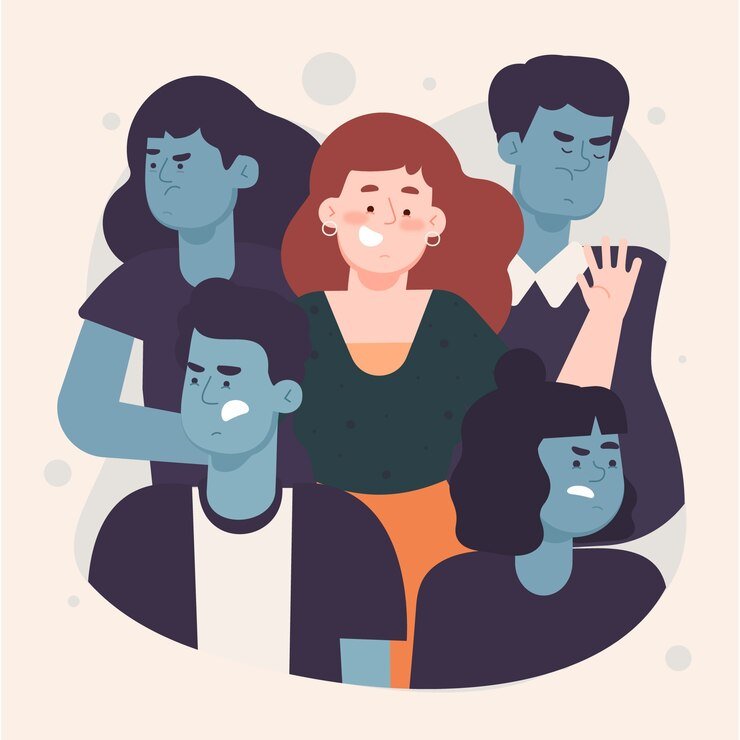Dissociative Identity Disorder (DID), previously known as Multiple Personality Disorder is described as having two or more separate personality states, which is often regarded as an experience of possession. DID is one of the types of dissociative disorders. These disorders impact your ability to connect with reality.
The disruption in identity involves noticeable discontinuity in the sense of self and sense of agency, followed by related changes in behavior, consciousness, memory, perception, cognition, or sensory-motor functioning. These signs and symptoms may be seen by others or stated by the individual.
WHAT ARE THE TYPES OF DISSOCIATIVE IDENTITY DISORDER?
There are two kinds (or forms) of DID:
Possession
Identities appear as if an outside being or spirit took control of your body. A person may act or speak in a different manner that is noticeable. This identity is unwanted with an involuntary personality switch.
Non-possession
Identities in a person are not familiar to one another. A person may feel an abrupt change in their self-identity as if they’re watching themselves in a movie (an “out-of-body” experience); the person lacks control of their speech, emotions or behaviors.
Note: Possession is a shared belief of several cultures and religions, but these voluntary spiritual practices are not linked with DID.
WHAT ARE THE SYMPTOMS OF DISSOCIATIVE IDENTITY DISORDER?
The symptoms of having DID include:
- Having two or more identities (personality states). These are different in terms of an individual’s behavior, memory, self-perception and ways of thinking
- Finding gaps in memory or amnesia concerning routine activities, personal information and traumatic situations
- Difficulty in functioning in social gatherings or situations such as at school, work or even at home
- Voices are heard as multiple, confusing, independent thought streams over which the person has no control
Other symptoms that may appear, although not in all cases include:
- Anxiety
- Depression
- Self-harm and suicidal thoughts
- Non-epileptic seizures
- Delusions
- Substance use
WHAT IS THE CAUSE OF DISSOCIATIVE IDENTITY DISORDER?
The most common causes of dissociative identity disorder may involve:
- Overwhelming or stressful experiences
- Traumatic events and abuse that took place in childhood
HOW IS DISSOCIATIVE IDENTITY DISORDER TREATED?
Psychotherapy in the form of cognitive behavioral therapy or dialectical behavioral therapy. The therapy focuses on recognizing and taking note of past trauma that may have caused DID. Therapy may also emphasize on managing sudden behavioral changes and finally merge the identities into a single identity. Additionally, medications may be prescribed by a psychiatrist to manage symptoms such as depression and anxiety.


